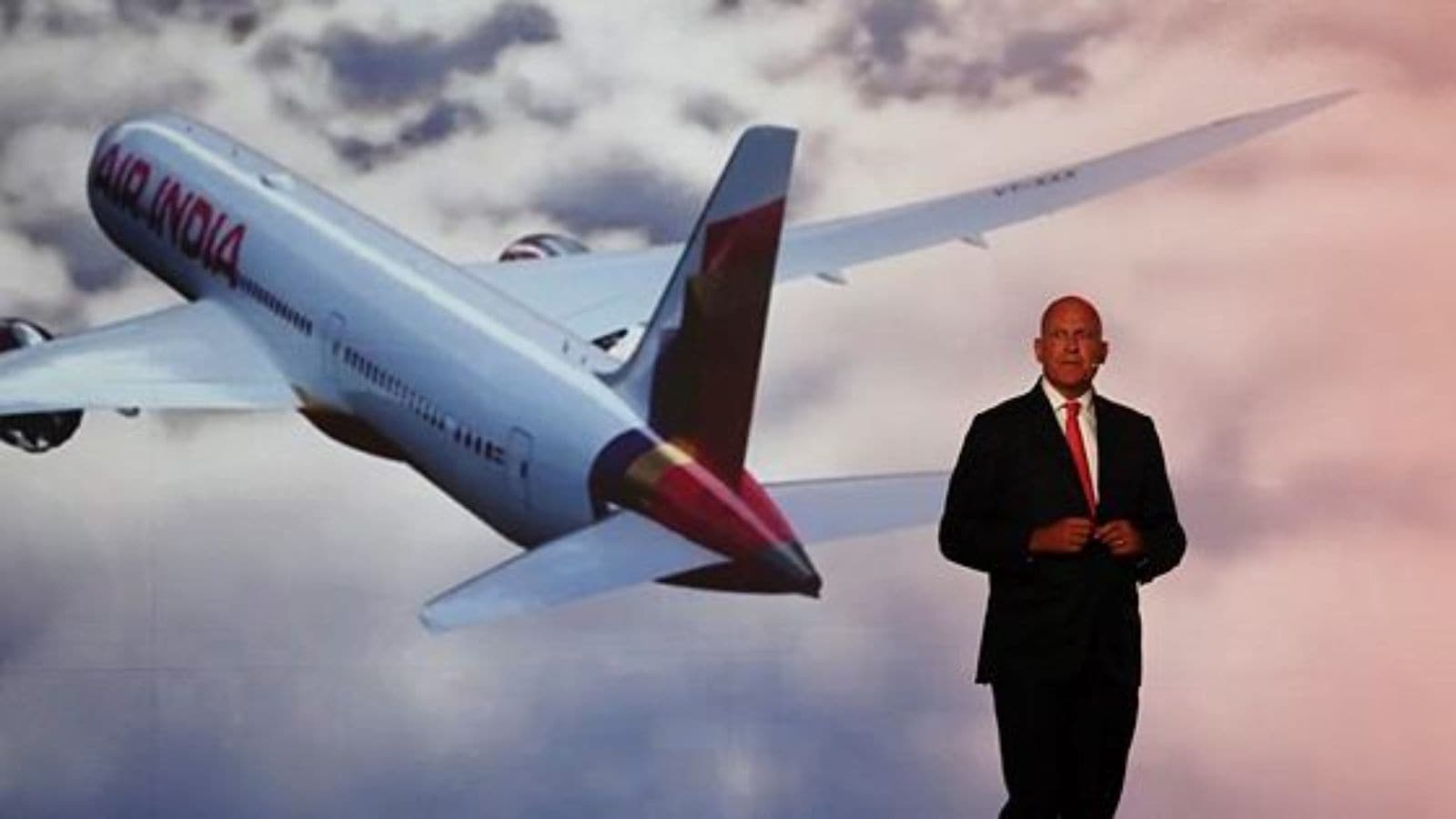
Under scrutiny after AI 171 crash, Air India must take all commentary constructively with ‘grace and an open mind’, CEO Campbell Wilson tells staff
How did your country report this? Share your view in the comments.
Diverging Reports Breakdown
Weeks after crash, Air India CEO says airline must take all commentary constructively with ‘open mind’
Tata group airline’s chief executive officer Campbell Wilson has urged employees to take “all commentary constructively with grace and an open mind” Wilson also underscored that Air India’s systems and culture must “prize transparency and integrity as well as action” “Continuous improvement is a hallmark of aviation, and it is why the industry has become so dramatically safer over the years,” he said in a message to staff. “It is natural that, following an accident, there is a period of intense scrutiny. Some of it must come from internal examination and self-reflection, while some of it will come from external parties. Sometimes the extra attention means that normal issues get misinterpreted or sensationalised, but sometimes the scrutiny highlights genuine areas for improvement,’ he said. Wilson said that the airline has focussed on improving reporting—on safety or other matters—by “making it easier to do” with more encouragement and better protection for those reporting.
“It is natural that, following an accident, there is a period of intense scrutiny. Some of it must come from internal examination and self-reflection, while some of it will come from external parties. Sometimes the extra attention means that normal issues get misinterpreted or sensationalised, but sometimes the scrutiny highlights genuine areas for improvement. We must take all commentary constructively with grace and an open mind and, where there is an opportunity to act, must do so. For, as I have said before, continuous improvement is a hallmark of aviation, and it is why the industry has become so dramatically safer over the years,” Wilson said in a message to employees.
Wilson’s comments come close on the heels of a few highly publicised aircraft snags over the past few weeks, which have drawn significant public attention in the wake of the Ahmedabad air crash, in which 260 persons perished—241 of the 242 people on board, and another 19 on the ground.
Story continues below this ad
The airline is also understood to be under the scanner of the Directorate General of Civil Aviation (DGCA) on safety-related issues. Over the past few weeks, Air India has been subject to a few regulatory actions by the DGCA, the latest being four show cause notices that were issued Wednesday—following voluntary disclosures from Air India—over lapses pertaining to inadequate cabin crew deployment, mandatory crew rest periods, and crew training and operational procedures. Of its own accord, the airline has taken a “safety pause”, which involves additional voluntary technical checks on aircraft and adopting a cautious approach in flight operations.
“As we approach the half-way mark of our Safety Pause, you will have read that we have now completed the inspection of fuel switches on our B737 fleet following the earlier exercise on our B787s. In both cases, nothing untoward was found. Reliability enhancement work, using the additional ground time made available by the Pause, continues, while partial restoration of our temporary schedule reduction commences on 1st August ahead of full restoration planned for 1st October,” Wilson told staff.
Story continues below this ad
A preliminary investigation report into the tragic accident said that the Air India Boeing 787-8 aircraft crashed after both its engines were starved of fuel as the two fuel control switches transitioned from ‘RUN’ to ‘CUTOFF’ position within a second of each other moments after lift-off. Following the initial probe report, the airline started voluntary checks of the fuel control switches on its Boeing 787 fleet, which was followed by a DGCA directive to all operators to do so on most of the Boeing aircraft registered in India.
“To improve, our culture and systems must prize transparency and integrity as well as action. And to support this, in recent years we have improved training and promulgated SOPs (standard operating procedures) to give direction and clarity, strengthened standards, instilled processes to drive compliance and consistency, and introduced performance management practices to rise higher,” Wilson told staff.
The Air India CEO added that the airline has invested significantly in the adoption of digital systems to replace paper-based ones, in order to have “more complete, accurate, accessible and usable data” that does not reside in silos. He said that Air India has focussed on improving reporting—on safety or other matters—by “making it easier to do” with more encouragement and better protection for those reporting.
Story continues below this ad
“But ultimately, performance and improvement are dependent on people. People following prescribed processes. People acting in a conscientious manner. People striving to do better. People doing the right thing, all the time, not just when someone else is watching,” Wilson said.
“It has been a challenging period for many, and we continue to provide support wherever needed. But I remain incredibly proud of the work being done to deliver the Air India experience to our customers. And our customers are acknowledging the effort through their responses to our post-flight surveys. So far in July more than 100,000 have taken the opportunity to give such feedback, and have collectively delivered us an all-time record high NPS (net promoter score) of +34. FY23’s NPS was -17, FY24 was -3 and last year was +16,” the Air India CEO added. NPS is seen as an indicator of customer loyalty and satisfaction. It measures the willingness of customers to recommend a product or service to others.
